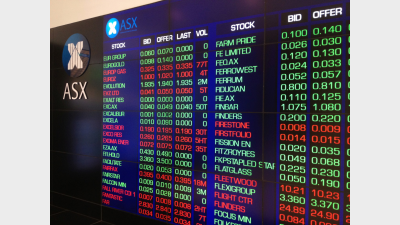Financial crisis magnifies unfunded liabilities
The global financial crisis has had a multiplier effect on the defined benefit superannuation liabilities of Australian companies, according to new analysis released by Watson Wyatt.
The Watson Wyatt research, Superannuation Risk in Australia — the Defined Benefit Liability, deals with the situation confronting Australian corporates up until June 30, last year, but acknowledged that this does not encompass the severe worsening in the global financial crisis that occurred thereafter.
The research pointed to the fact that over the six months from July 1, 2008, the median investment return on growth funds after tax was minus 14.7 per cent.
It said that applying this more broadly would suggest that the aggregate superannuation Net Superannuation Liability surveyed in corporate Australia had increased from $5 billion in mid-2008 to something closer to $20 billion by the end of 2008 for companies that were already reporting a shortfall before the global financial crisis.
The research said that companies that reported a positive position ahead of the global financial crisis were now expected to be holding an aggregate shortfall of $5 billion, bringing the combined shortfall to $25 billion.
The good news, according to Watson Wyatt is that by international standards, corporate Australia’s defined benefit shortfall is proportionately small, leaving Australian companies in a better relative position than in some other countries.
Recommended for you
The Your Future, Your Super scheme and RG 97 may be directing capital away from more productive uses and discouraging active investment strategies, says the independent MP.
SuperRatings has shared the top 10 balanced options of the last financial year.
Rest Super remains “fully committed” to equities, even as it anticipates higher market volatility than experienced in previous decades.
Australian superannuation funds have again generated strong returns for FY25, with the median growth fund returning 10.5 per cent for the year, according to Chant West.











